Apple Wallet has begun advertising Apple Pay promotions via notifications, and while iPhone users are losing their mind, they can toggle the feature off starting in iOS 26.
Advertising has become a blunt instrument in surveillance capitalism largely as a result of Google's success. This shouldn't mean we reject the premise of advertising as a whole, given that for now, it remains the fuel for the content engine on the Internet.
Ads can run from silly and useless to invasive and annoyingly persistent. Somewhere in the middle is a genuinely useful tool for consumers.
This discussion has been prompted by Apple letting advertising creep into yet another facet of its business — Apple Wallet. Users were surprised on Tuesday to discover sent via push notification for $10 off two tickets to see the F1 movie when paid for via Apple Pay on Fandango.
Ignoring the fact that movie, concert, and plane tickets live in Apple Wallet, the negative reactions are understandable, as Apple has increased its use of advertising across its ecosystem into various places. This includes Apple TV, Apple Music, the App Store, and even Settings.
However, I believe there has been a bit of an over-correction in recent years when it comes to advertising. And, the over-reaction to the ad in Wallet today is out of proportion.
Because, if you don't like the F1 ad and others like it from Wallet, there's a toggle to turn them off, permanently, coming in iOS 26. It can be found in the Wallet app by tapping the ellipsis in the top right, tapping notifications, and it is the bottom toggle.
Vertical integration of hardware and services
Apple clearly set this up with Fandango as a way to promote Apple Pay, the Apple Wallet ticket function, and F1 in one swing. It is ecosystem synergy at its finest.
As an Apple user and someone that uses Apple Wallet, Apple Pay, and plans to see F1 this weekend, the promotion is dialed in perfectly for me. Of course, Apple sent the notification to everyone, not just me, and that's triggered some anger from iPhone users.
Apple's use of advertising about itself versus paid ads in Apple ����Vlog are totally different subjects. I think that Apple's system apps providing notifications or banners are fine, but at the same time I believe Apple ����Vlog ads to paid subscribers are an abomination that should be scrapped and rethought.
If Apple is going to continue bringing more ads to iPhone, it needs to ensure it can maintain user trust. Stick to advertising Apple Services and device functions and avoid taking advantage of enabled notifications like Uber Eats might, which shows ads for food discounts when it should be showing delivery status.
Apple Wallet will likely get more notifications about promotions in the future. There's a toggle present in iOS 26 that lets users turn off all promotions in Apple Wallet that weren't available previously, so use that if you like.
Even if you're not getting the push notification, realize that promotions are viewable at any time via the Apple Card section of Apple Wallet. Tap the ellipsis in the top right corner, then "Rewards and Offers" to see active promotions.
Apple has to earn the right to use its system notifications and in-app banners for advertising like any other app, and I believe it has so far. If Apple breaks that trust, the outrage will be swift and necessary.
The education problem
Apple is a big company and it has a lot of devices, services, and partnerships that its multiple billions of users could take advantage of. The problem is, users can't and likely won't know about any or all of these ecosystem benefits without being told.
There's really only two ways a consumer can be informed about such things — Apple waits patiently for them to seek out information themselves, or they push the information out via advertising. This advertising can and does take on many forms, from the Today view in the App Store to AppleCare coverage details in the Settings app.
The thing is, these are actually quite useful to consumers, even if they are annoying to some of them. Yes, you paid some thousand plus dollars for the device and you don't expect ads, but that's a blanket view likely brought on by advertising fatigue.
For example, YouTube is so dominated by ads you likely spend more time watching ad breaks for nonsense than you do actual content. So, users have no choice but to pay for YouTube Premium and block those ads to get a proper viewing experience.
Sure, advertisers get paid when users see the ads, and Google makes money from selling those ads, but the persistence and annoying nature of the ad breaks is the point. It is a form of psychological warfare that has programmed us to instantly reject all ads and pay premiums to get rid of them.
So, when an ad comes along, we automatically reject them even though the service or product would be useful to the individual. Apple One is a genuinely good service that many iPhone users would benefit from, but not everyone on Earth reads ����Vlog, so consumers need a way to be informed broadly, and that's via advertisement.
Apple proves advertising can be good, actually
I wholly reject how Google, Amazon, and the others have monetized the internet through data collection and privacy violations. The weaponization of ads helped lead to the destruction of the internet thanks to Search Engine Optimization and LLMs.
What started as a promise to websites like ����Vlog as a way to show up in search and monetize our platform has turned into a tool that is slowly shuttering businesses. Ad revenue has been on the decline for years thanks to cuts from Google, and now it's using its access and data to render websites useless with summarized, and incorrect, search results.
Advertising is a necessary part of the free and open web. You'll see ads on ����Vlog, though we believe they are thoughtful, not intrusive, and we've earned the reader trust by not abusing our ability to advertise.
However, those placement ads you see from Google on webpages are a wholly different thing than Apple's service and promotion advertising. Google ads are a result of surveillance capitalism — targeted ads using swaths of consumer data.
Apple's ads are closer to billboards you'd see on a highway. Everyone can see them, and you can simply ignore them, and they're gone once you pass by.
Google could realistically do the same thing with billboard-style ads on the web. In fact, that's more or less how it used to work until they abused their position and started gathering incredible amounts of user data in the name of "showing more relevant ads."
On iPhone, dismiss the notification, hit the "X" in Settings, tap into the feature, then exit, and those ads go away. They can sometimes return as a reminder some weeks or months later, but they are just as easily dismissed — which can't be said of ads that abuse users from other companies.
And those users stating they paid for their iPhone and should get ads ever are also right. That's why Apple does and should provide users with the ability to turn off promotional features at any time.
Apple advertises without relying on mountains of consumer data, and the things they share are actually useful to consumers of Apple technology. If you're not going to see the F1 movie this weekend, swipe the notification away and move on with your life. It's gone.
Meanwhile, I'll happily take my $10 in savings and look for another opportunity to bundle or save thanks to a dismissible notification on my iPhone. We should reject surveillance capitalism, but billboards still have their place, even if they are sometimes inconvenient or annoying.
You clearly don't have to like it. That's fine, of course, to each their own. But to say that it's some kind of epic betrayal, from an App that literally stores tickets
 Wesley Hilliard
Wesley Hilliard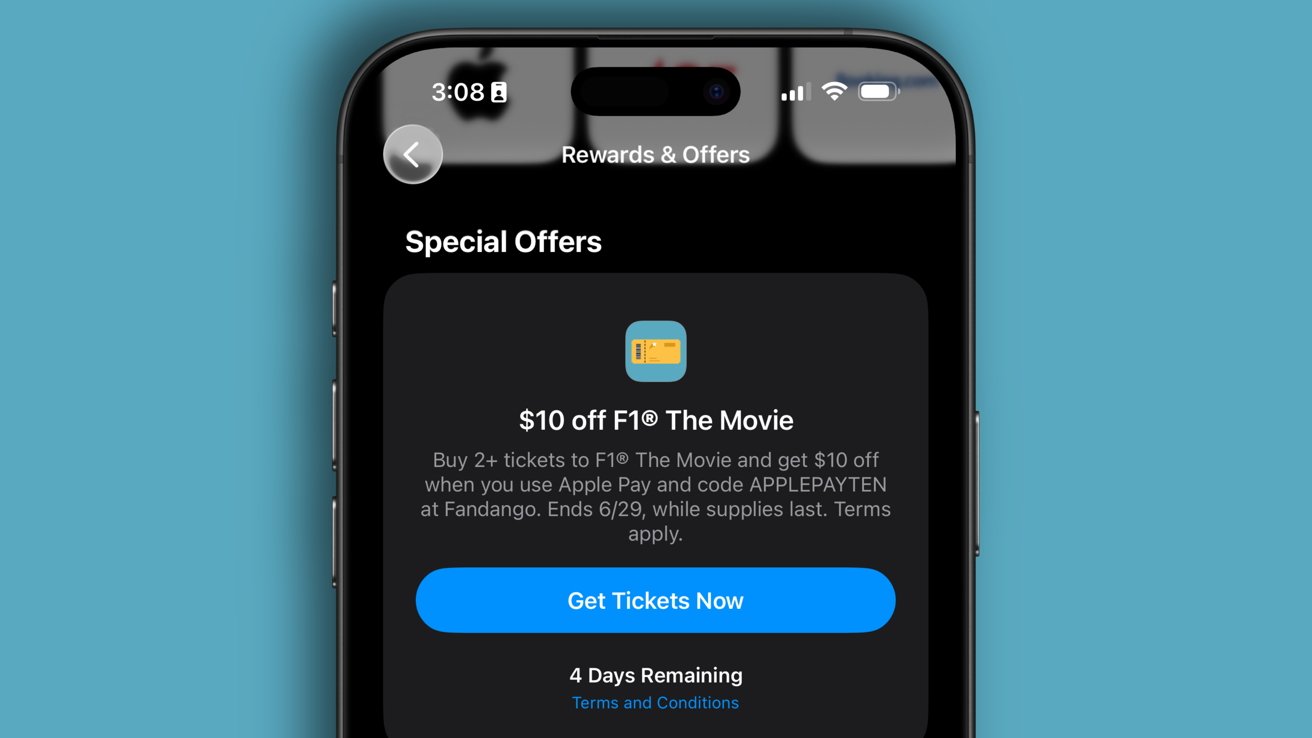
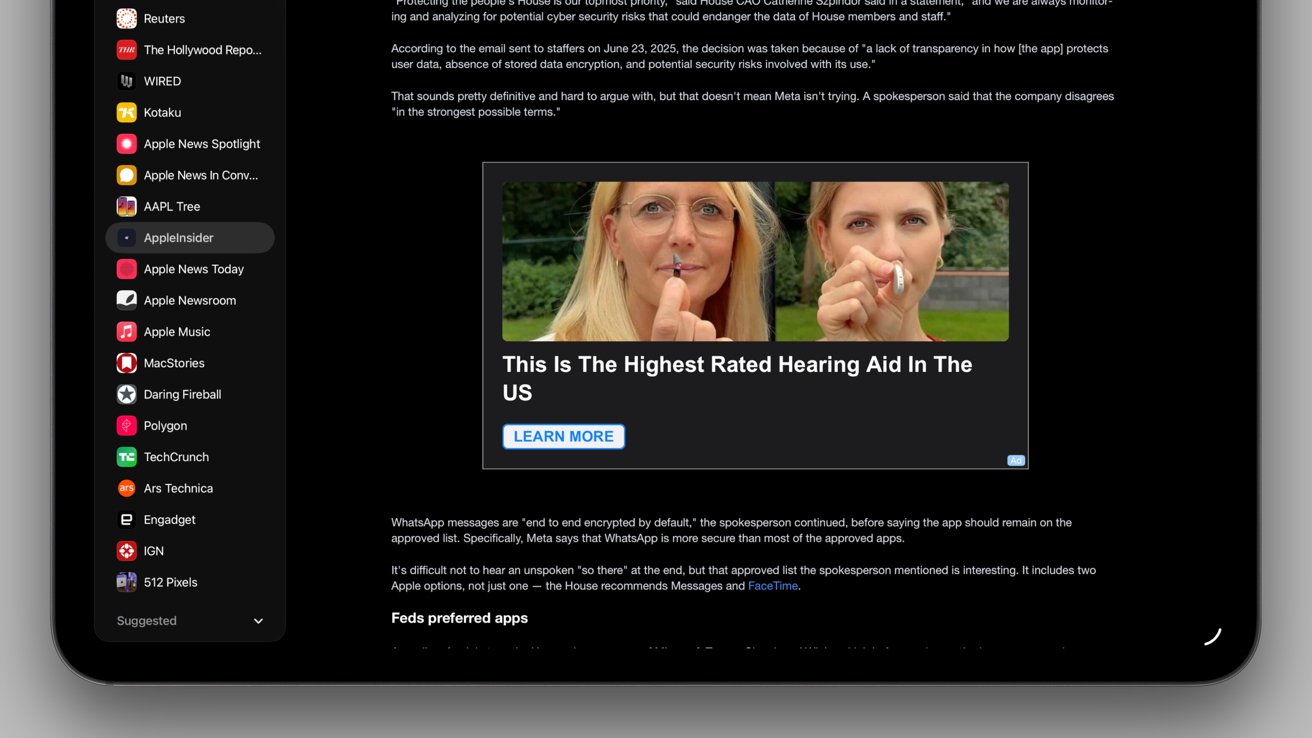
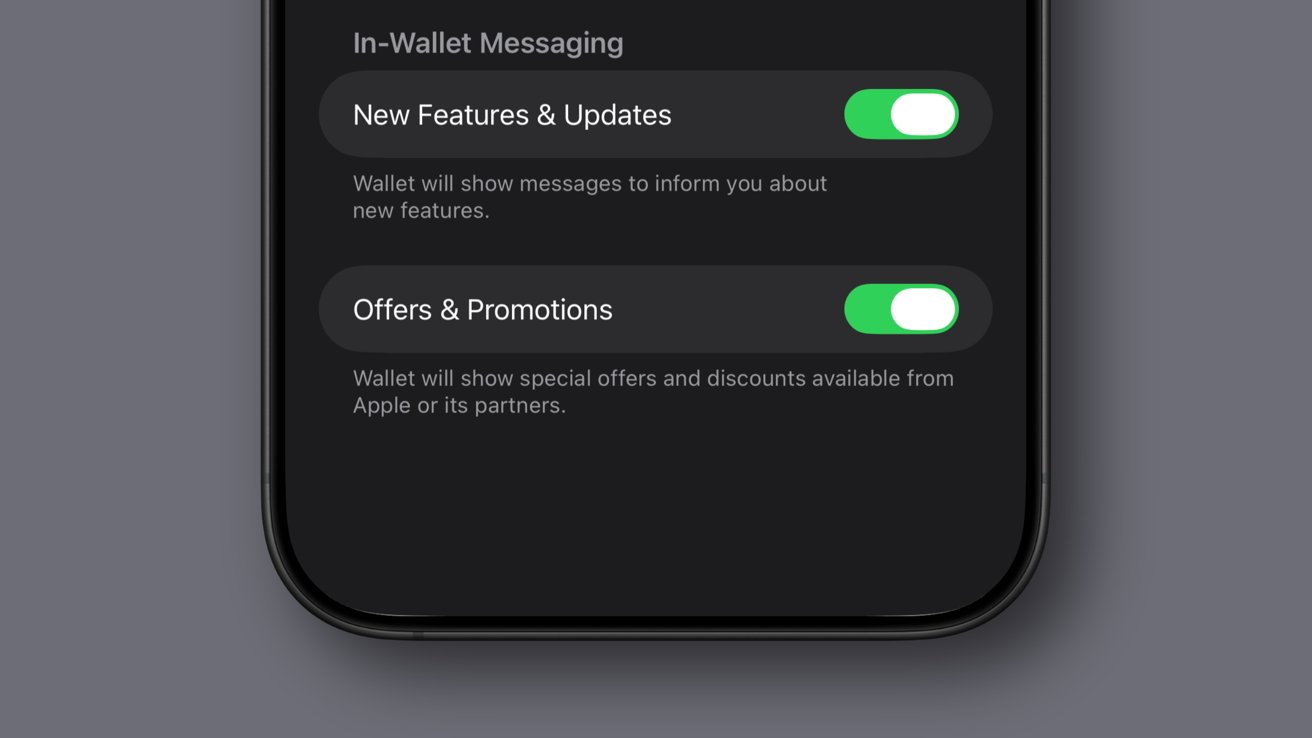
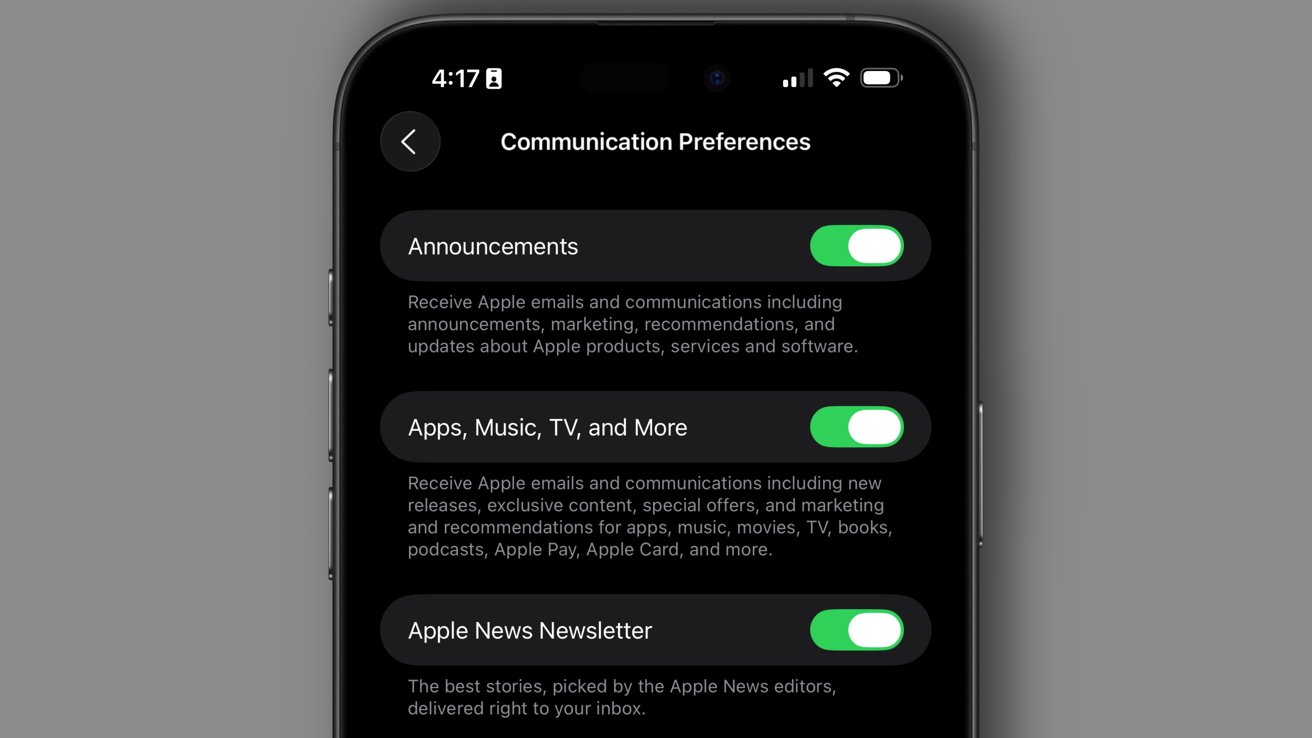

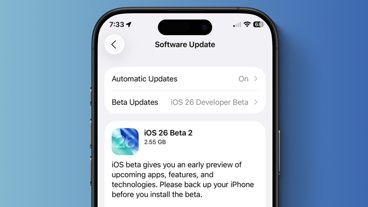

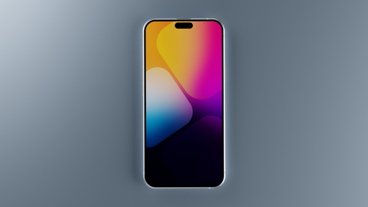
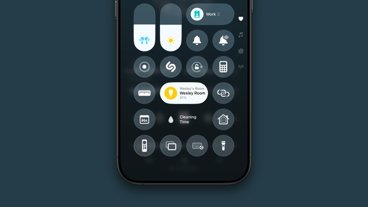




-m.jpg)
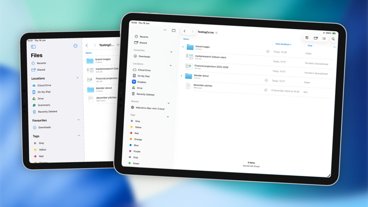



 Malcolm Owen
Malcolm Owen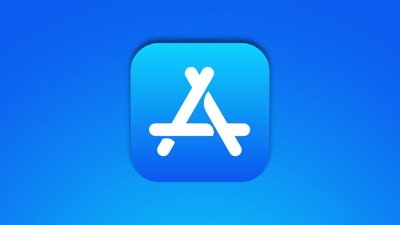
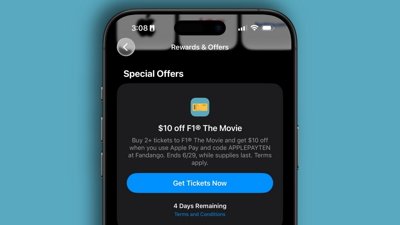

 Marko Zivkovic
Marko Zivkovic
 Mike Wuerthele and Malcolm Owen
Mike Wuerthele and Malcolm Owen
 Christine McKee
Christine McKee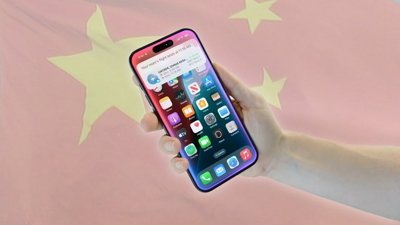

 Amber Neely
Amber Neely
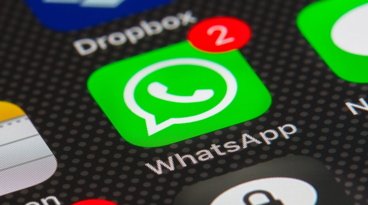

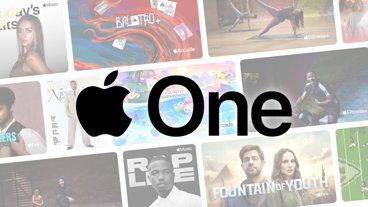



5 Comments
Or those apple users could just read the email that was sent on June 18th, 2025 from the applepay@insideapple.apple.com to users that had opted into marketing email messages. They didn't need to shove this without prior approval abusing the App Notification subsystem.
Tell me more about how it "doesn't hurt me" when a company uses its market dominance to bait and switch me into buying a mobile OS that abuses flagship features as an advertising platform.
How hard is it to understand the difference between something the user paid to see in Wallet and something that was places there against their wishes and without permission? Apple already charges plenty for its products and subscriptions. It does not need to be doing self-promotion on a device and OS people pay for, let along stoop to the level of a third party cross-promotion with Fandango.
And frankly, you should be happy for the outcry, because it means you probably won't have to deal with much more of this nonsense. Do you want ads in Notification Center?!
Cash: It doesn’t send you ads.